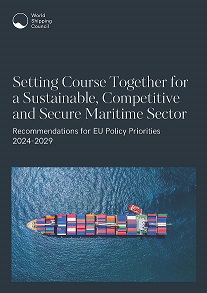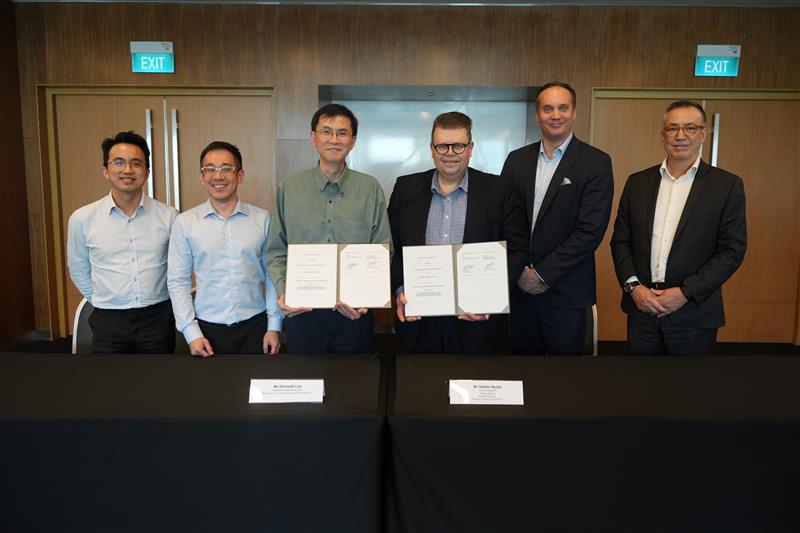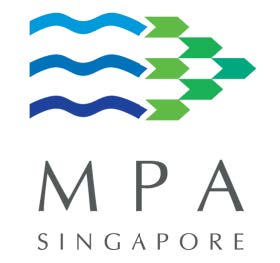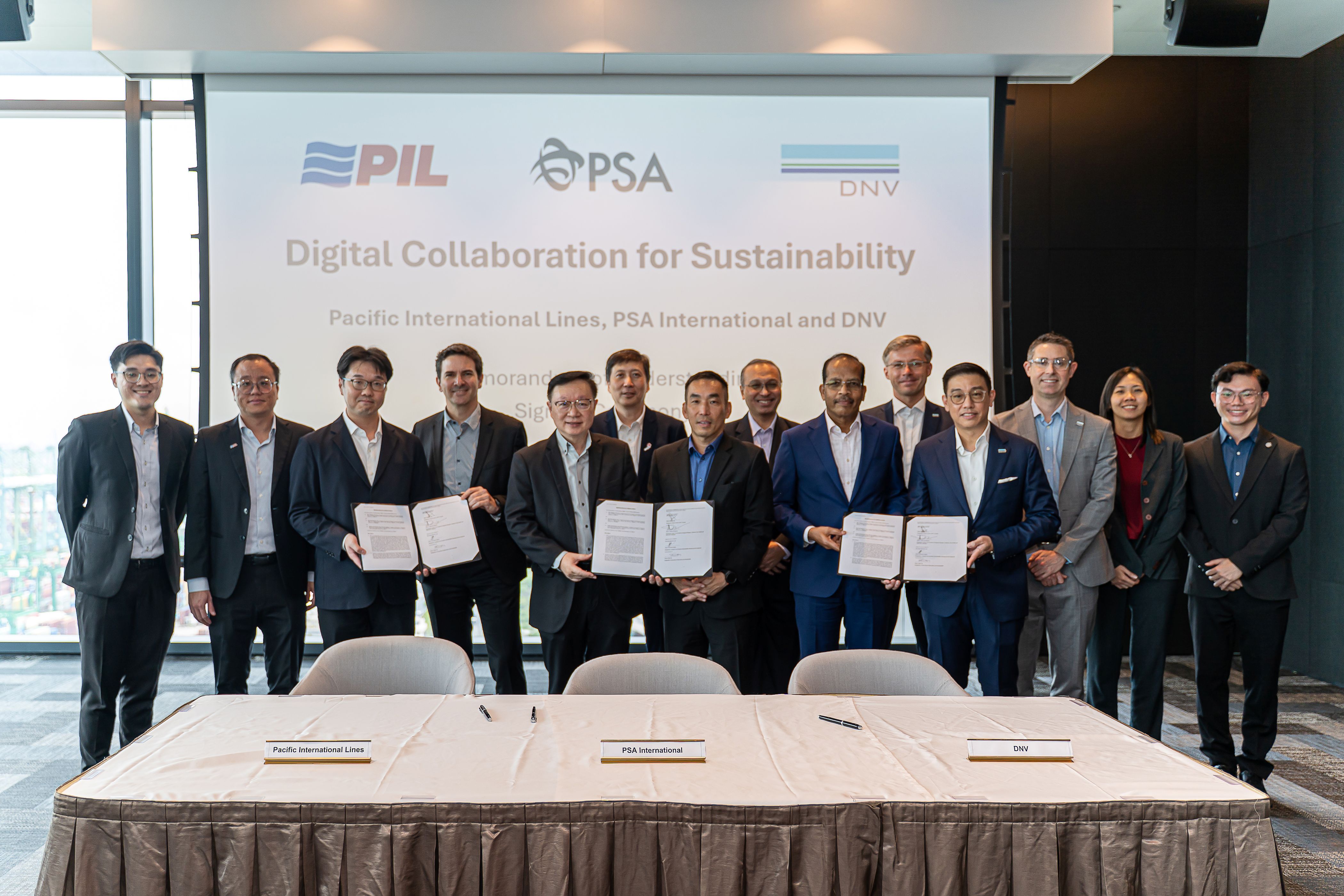The World Shipping Council (WSC) is calling on the EU to design policy frameworks that facilitate the essential role of shipping in a globally connected economy and to forge the path to net-zero shipping by 2050 in partnership with industry.
-
Work to secure effective global greenhouse gas (GHG) reduction regulations and implement the Green Deal to ensure that production of renewable marine fuels grows to match demand, to meet the target of decarbonising shipping by 2050.
-
Intensify efforts to secure maritime supply chains against illicit trafficking and geopolitical risks, while working together with industry to enhance the safety of seafarers and the resilience of trade routes.
-
Minimize customs and administrative barriers to ensure streamlined, efficient trade that will enhance Europe’s competitiveness.
“The shipping industry’s contributions are essential to Europe’s economic vitality, underpinning trade, supporting employment and ensuring the free flow of goods. We urge the EU to work with us in partnership to safeguard a sustainable, competitive and secure maritime sector,” President and CEO John Butler said.
Liner shipping is leading the maritime sector effort to decarbonise, with nearly 60% of new vessels to be delivered before 2030 designed to run on the greenest marine fuels. The EU has an important role to play for the development of effective and efficient global climate regulations at the International Maritime Organisation by 2025. WSC is also urging the EU to implement the EU ETS and FuelEU to ensure that the full climate impact of fuels is taken into account, and so that production of renewable fuels scales to meet fleet demand.
On safety and security, the liner shipping industry recognises its critical role in keeping the flow of goods through Europe’s maritime supply safe and secure. To that end, the EU should in the new legislative period enhance partnerships within the EU Ports Alliance against drug trafficking, adapt and respond to new geopolitical risks, and improve sanctions compliance through collaborative frameworks. The EU should foster public-private partnerships to leverage the combined expertise to bolster maritime supply chains for a safer, more resilient future.
To strengthen Europe’s competitiveness, the new European Commission should together with EU Member States work to boost maritime commerce through a more seamless single market and genuine customs union. The WSC looks forward to partnering with European policymakers and stakeholders to enhance trade facilitation measures, leveraging our collective expertise to ensure Europe remains competitive in the global economy with the support of efficient, streamlined trade practices.
source:WSC
The opinions expressed herein are the author's and not necessarily those of The Xinde Marine News.
Please Contact Us at:
media@xindemarine.com


 Baltic Exchange launches new Fuel Equivalence Conve
Baltic Exchange launches new Fuel Equivalence Conve  21 Consecutive Years of QUALSHIP 21 Recognition for
21 Consecutive Years of QUALSHIP 21 Recognition for  MPA and Wärtsilä Renew Partnership to Drive Marit
MPA and Wärtsilä Renew Partnership to Drive Marit  MPA and Dalian Maritime University Renew Partnershi
MPA and Dalian Maritime University Renew Partnershi  PSA INTERNATIONAL, DNV AND PACIFIC INTERNATIONAL LI
PSA INTERNATIONAL, DNV AND PACIFIC INTERNATIONAL LI  INTERCARGO Reaffirms Call for Simplicity as IMO Cli
INTERCARGO Reaffirms Call for Simplicity as IMO Cli